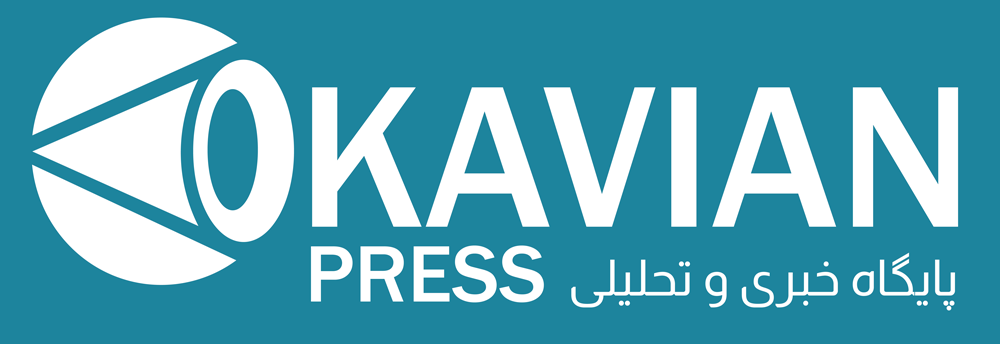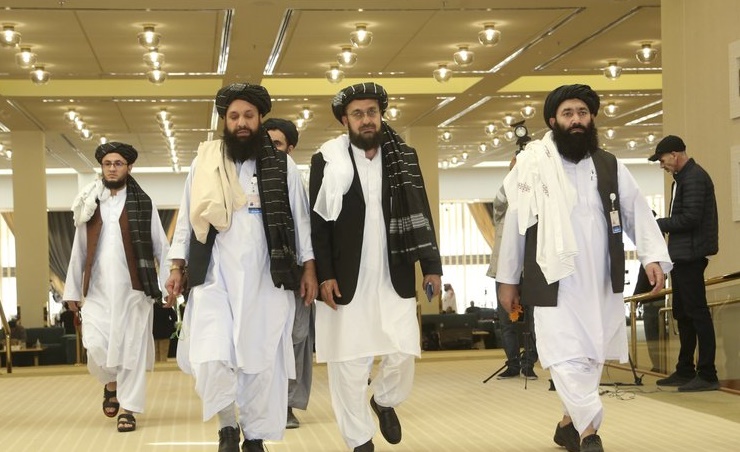Anisa Sadat
August 22, 2020 11:20 AM EDT
Pakistan issued financial sanctions against the Afghan Taliban and the Haqqani Network on Friday.
Taliban leaders including Taliban’s chief peace negotiator Abdul Ghani Baradar and several members of the Haqqani family, including Sirajuddin, the current head of the Haqqani network and deputy head of the Taliban and other groups are included in the sanctions.
The move by Pakistan came as the country is trying to avoid being blacklisted by the Financial Action Task Force (FATF), which monitors money laundering and tracks terrorist groups’ activities. The Paris-based group put Pakistan on a gray list last year. Iran and North Korea are the only two countries blacklisted.
Taliban leaders have not issued any official response yet, but Taliban and Haqqani Network leaders are living in Pakistan for decades going back to the days of the cold war where many of the current Taliban members were fighting the Soviet Union as the mujahedeen.
After the fall of the Taliban regime in 2011, Pakistan has always been blamed by the Afghan government and at times by western powers for providing safe heavens to the Taliban and Haqqani Network.
The sanctions by Pakistan comes at a time where Washington is impatiently looking forward to a peace deal between the Taliban and the Afghan government paving the way for U.S. to end its nearly 20 years of presence in Afghanistan and withdraw all its troops from the country by next May.
Washington signed a deal with the Taliban back in February but the start of the intra-Afghan talk had been on a rocky path so far. Prisoner exchange and violence reduction were among the main conditions of the intra-Afghan peace talks. While the Afghan government has released almost al l of the 5000 Taliban prisoners, Taliban has continued their attacks against civilian and Afghan troops and are constantly refusing to recognize Afghan government as the legit negotiating party.



























